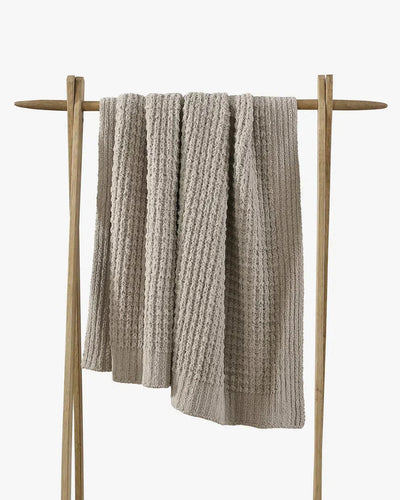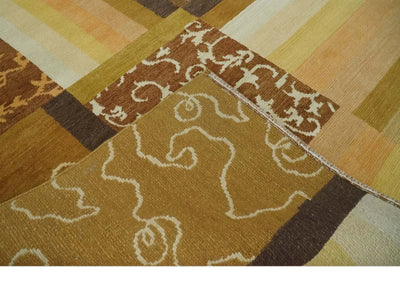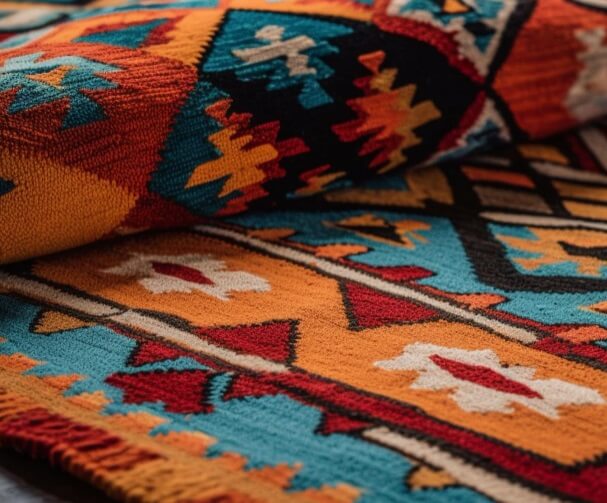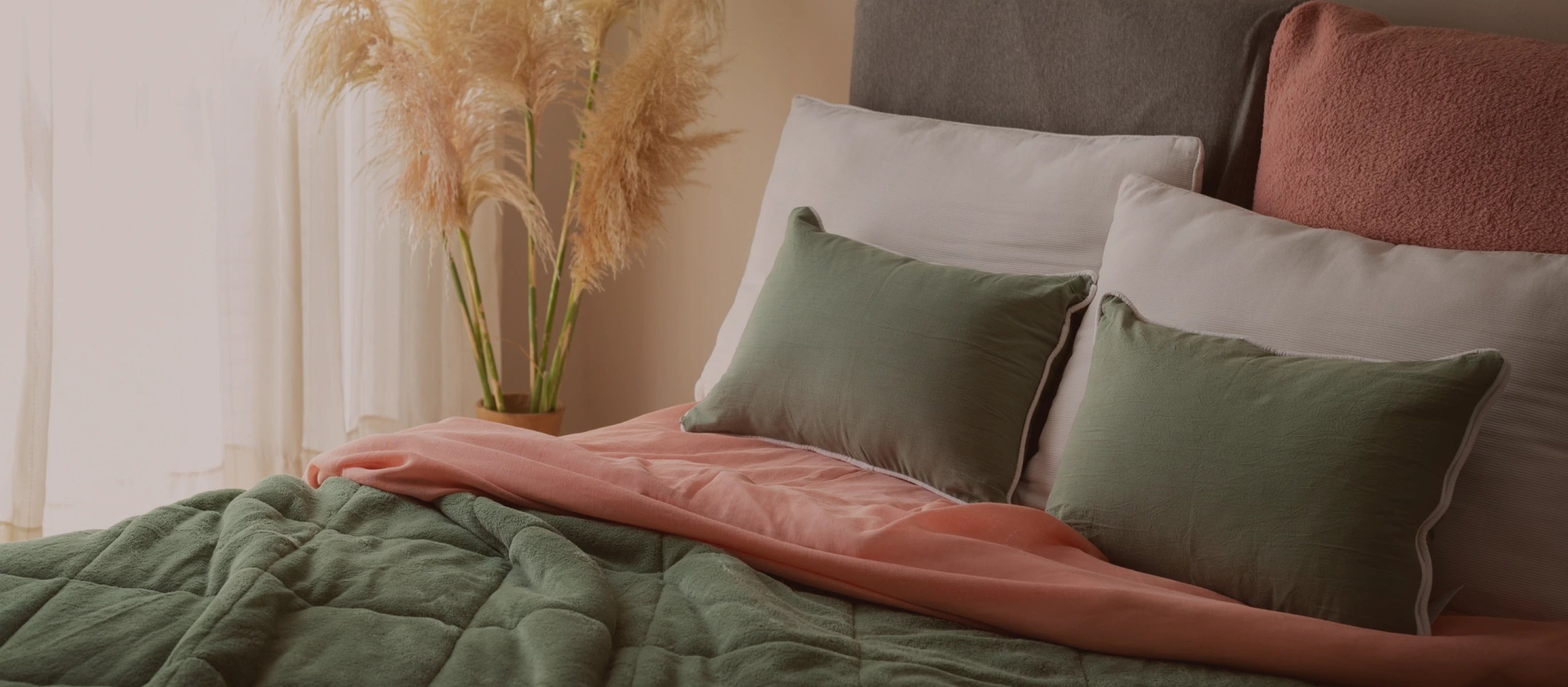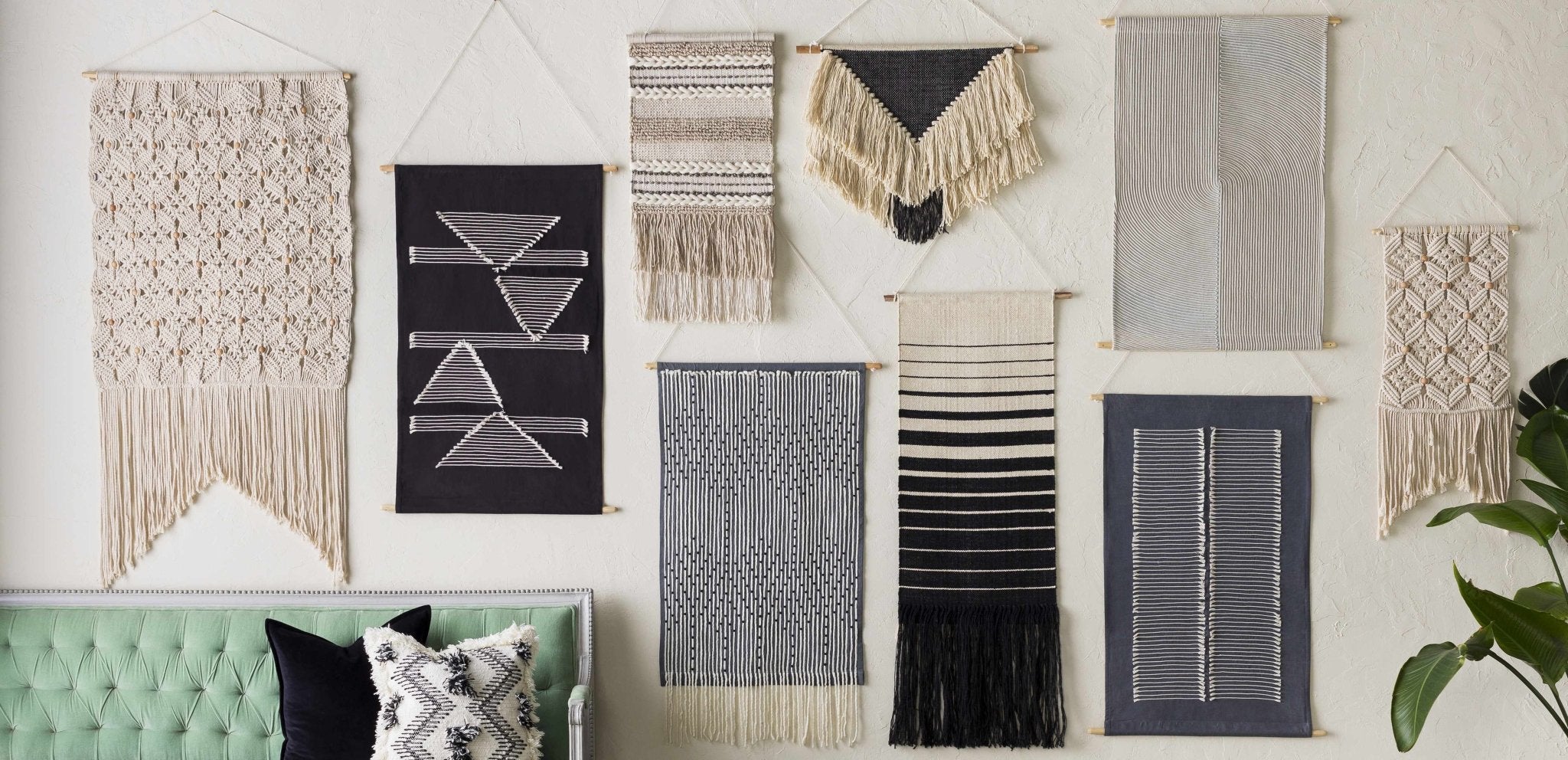Sisal vs jute rugs: Learn the Differences to Choose the Right One
The perfect rug can make or break the outcome when you are seeking a more comfortable and improved aesthetic appeal of your space. Amidst the wide range of options in the market, jute and sisal rugs have garnered a lot of love and attention. The primary reasons for the high demand of these varieties include their eco-friendliness, durability, and rustic style. However, it is best to understand the differences between sisal vs jute rugs to be able to make the right choice at the end.
In this post, let’s dive into all the characteristics of both jute and sisal rugs for you to understand which is better suitable for your space. As you keep reading, we will also present a detailed section focusing on the differences between these natural material rugs.
What is sisal rug?
Sisal carpets are a popular choice for people because of their natural elegance and longevity. These rugs are made from the fibers of the agave sisalana plant, which grows abundantly in dry regions of Mexico and Central America. Here's a closer look at the characteristics of sisal carpets:
Durability
One of the most notable characteristics of sisal rugs is their amazing durability. Sisal rugs are a fantastic choice for high-traffic areas in your home since the natural fibers are robust and resistant to heavy foot traffic. Moreover, they are less likely to show signs of wear and tear, ensuring that your rug remains aesthetically pleasing for years.
Eco-Friendly Option
Sisal rugs are regarded as an environmentally beneficial flooring solution. It is a sustainable alternative because the agave plant grows swiftly and requires little water and chemicals. Besides, sisal carpets are biodegradable, which means they will not contribute to environmental wastage when their lifespan expires.
Maintenance
Sisal rugs are quite simple to care for. Vacuuming on a regular basis helps to keep dust and grime out of the fibers. However, because sisal is water-sensitive, they must be kept away from moisture. Note that if there is a spill, blot the liquid promptly to avoid discoloration. For stubborn stains, professional cleaning may be required.
Appearance and texture
Sisal rugs have a distinctive texture and a slightly rough feel to them. This texture provides a rustic touch to your design, making it feel warm and inviting. Their neutral tones, which commonly range from creamy beige to light tan, provide a versatile and timeless appeal that may match a variety of design styles, from coastal and rustic to minimalist and contemporary.
What is jute rug?
Jute rugs are another popular natural fiber option in the realm of home design. These rugs are manufactured from the fibers of the Corchorus plant, which is mostly grown in India. Let's look at the characteristics of jute rugs:
Earthy aesthetics
Jute rugs are often earthy in color, ranging from light brown to a deep, rich tan. These earthy tones bring a sense of warmth and organic charm to your home. Jute's aesthetic appeal complements bohemian, coastal, and rustic design themes, resulting in a harmonious and calm environment.
Durability
While jute carpets are comfortable and stylish, they are not as long-lasting as sisal. Jute fibers are softer and more prone to wear and tear, particularly in high-traffic areas. If you're thinking about getting a jute rug, it's critical to position it in areas with less foot traffic to ensure its longevity.
Maintenance
To keep their style intact, jute rugs require gentle care. Vacuuming on a regular basis is required to keep dust and filth at bay. Jute, like sisal, is sensitive to moisture, so keep it away from damp places and clean up spills promptly to avoid stains. Jute rugs with stubborn stains may also require professional cleaning.
Organic and natural
Jute is well-known for being organic and biodegradable. It is an environmentally friendly solution for people looking for sustainable design options because it is a plant-based fiber. The cultivation of the Corchorus plant necessitates the use of few pesticides and synthetic fertilizers, which aligns well with environmentally aware principles.
Soft and breathable
Jute rugs have a softer and smoother texture, and they are a good solution for places where you frequently walk barefoot, such as bedrooms or warm living areas. Jute rugs have a warm and inviting feel to them, making them a great choice for areas where comfort is a top consideration.
To summarize, sisal vs jute rugs each have distinct traits and advantages that make them suited for a variety of applications and design preferences. You may make an informed decision and boost your home's decor by understanding the differences between these two natural fiber rugs.
Difference between sisal and jute rugs
When deciding between sisal vs jute rugs, numerous major features distinguish these natural fiber floor coverings. Understanding these is critical in choosing the rug that best suits your needs and design choices. The following are the key distinctions between sisal and jute rugs:
Aesthetic value
Sisal carpets are usually available in neutral colors ranging from creamy beige to light brown. Their simple and versatile design lets them to blend in with a wide range of decor styles, from modern to rustic. Jute carpets, on the other hand, have earthy tones that give off a warm and natural vibe. They are frequently used to complement boho, coastal, or farmhouse-inspired decor.
Durability
Sisal rugs are well-known for their long-lasting quality. Because of the thick and resilient sisal fibers, these carpets are particularly resistant to severe foot wear, making them excellent for high-traffic locations. Jute, while soft, is less durable and may wear down faster, especially in high-traffic areas.
Eco-friendliness
Both sisal and jute rugs are environmentally beneficial, however there are some differences. Because of the agave plant's quick growth and low resource requirements, sisal is considered a sustainable alternative. It is also biodegradable, which contributes to a lower environmental impact. Jute is also environmentally benign because its growing requires less pesticide and synthetic fertilizer use. Both solutions are appealing to individuals looking for eco-friendly options.
Fiber origin and source
The source of their fibers is the most important distinction. Sisal carpets are manufactured from the agave sisalana plant, which is primarily grown in dry areas of Mexico and Central America. Jute carpets, on the other hand, are made from the Corchorus plant, which is mostly grown in the Indian subcontinent. This variation in plant origin adds to texture, appearance, and durability variances.
Maintenance
To keep its beauty, sisal and jute rugs must be cleaned on a regular basis. Vacuuming is vital for preventing dust and debris accumulation. Sisal rugs, on the other hand, are more susceptible to moisture and should be kept away from damp locations, as prolonged exposure can cause the fibers to swell and weaken. Because jute carpets are sensitive to moisture, it is critical to clean up spills as soon as possible to avoid stains. To effectively remove stubborn stains from both types of rugs, professional cleaning may be required.
Texture and feel
Sisal rugs have rougher texture than jute rugs. Sisal fibers' natural toughness makes them more resistant to wear and tear, but it also lends the rug a slightly scratchy feel underfoot. Jute rugs, on the other hand, are known for their softer and smoother texture, making them a comfortable and inviting surface to walk on.
Finally, the decision between sisal vs jute carpets comes down to your own demands and design choices. Sisal is appropriate for high-traffic areas due to its durability and timeless appearance. Jute is a wonderful choice for generating a pleasant and inviting ambiance in less active rooms due to its softer texture and natural charm. Understanding these distinctions will enable you to make an informed selection and choose the ideal rug to complement the aesthetic and usefulness of your home.
Sisal vs jute: Which rug is better?
After learning about the fundamental distinctions between sisal and jute carpets above, you may be asking which is the better option. It is crucial to note, however, that there is no clear "better" option between sisal and jute. Instead, you should base your decision on your individual needs, preferences, and the environment of your place.
- Both rugs require periodic maintenance, such as vacuuming to prevent dust buildup. Sisal carpets must be handled with care around wetness, whereas jute rugs must be handled with care to avoid discoloration.
- Both sisal and jute carpets are quite eco-friendly, so you can feel good about any decision. If your space is prone to spills, sisal is a good option because it is less susceptible to moisture.
- If comfort and a softer underfoot feeling are your key priorities, especially in areas where you frequently walk barefoot or recline on the floor, jute is a more comfortable alternative.
- If price is an issue, jute carpets are often less expensive than sisal choices while still giving a fashionable, natural look.
- If you value longevity and want a rug that can withstand extensive usage and traffic, sisal may be a better option. Its tough fibers are made to withstand wear and tear.
- Your aesthetic preferences are important. Sisal carpets have a classic and simplistic appearance, making them suitable for a variety of decor styles. Jute's earthy tones add to a calmer and natural atmosphere.
FAQs
Which is better sisal or jute?
The choice between sisal and jute depends on your specific needs and preferences. Sisal is often considered better for high-traffic areas due to its durability, while jute is favored for its softer texture and is better suited for comfort-centric spaces.
Is sisal more expensive than jute?
Sisal rugs tend to be more expensive than jute rugs because of their durability and longer lifespan, which can justify the higher price point for those seeking a long-lasting investment in their home decor.
What is cheaper jute or sisal?
Generally, jute rugs are cheaper than sisal rugs. If you're looking for a budget-friendly natural fiber option with a charming, earthy aesthetic, jute may be the more cost-effective choice.
Is sisal or jute better for stairs?
When it comes to stairs, sisal is often the preferred option because of its durability and resistance to wear and tear. Its robust fibers make it better suited to handle the heavy traffic that stairs typically endure compared to jute, which is softer but less durable.
